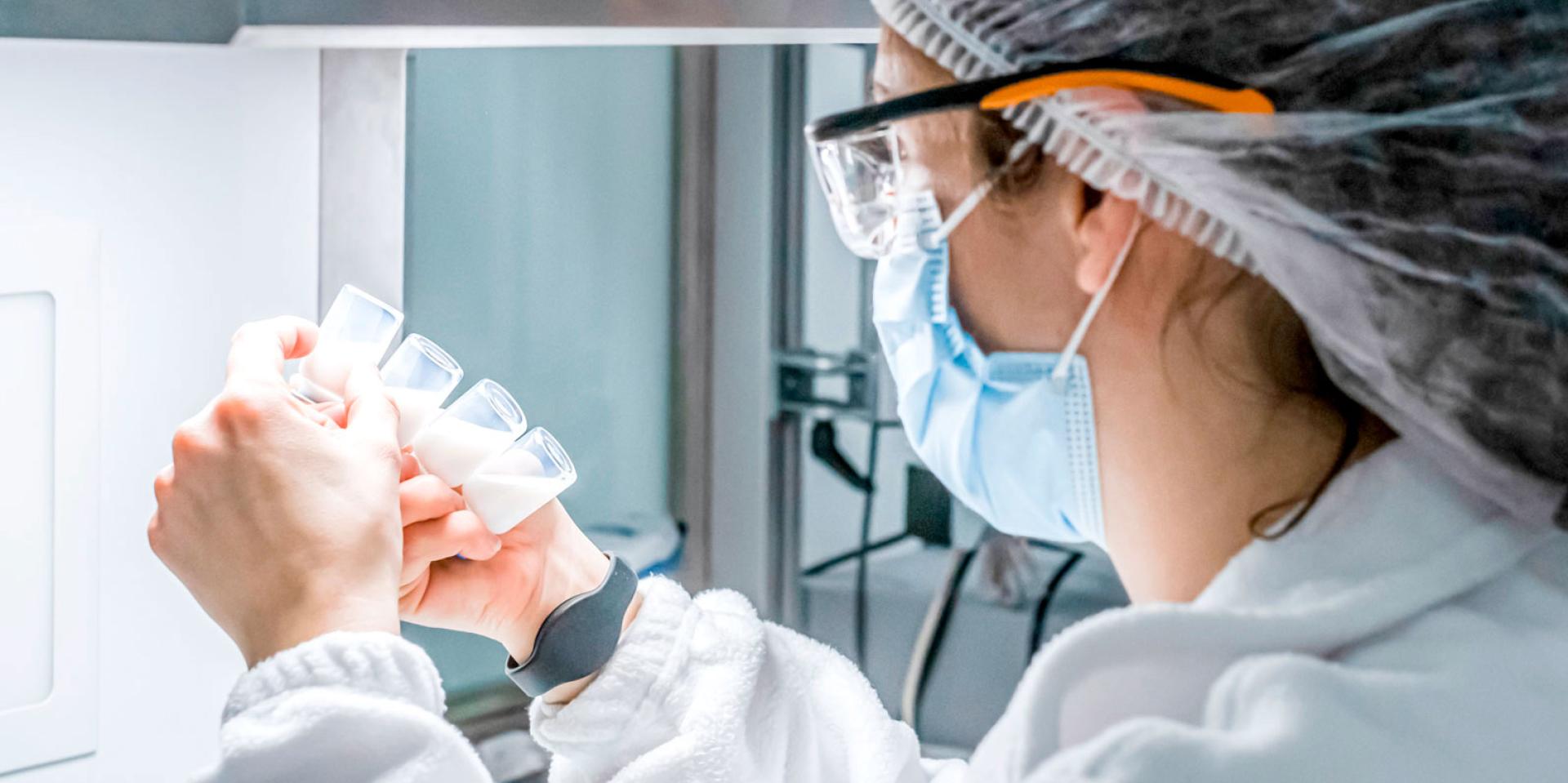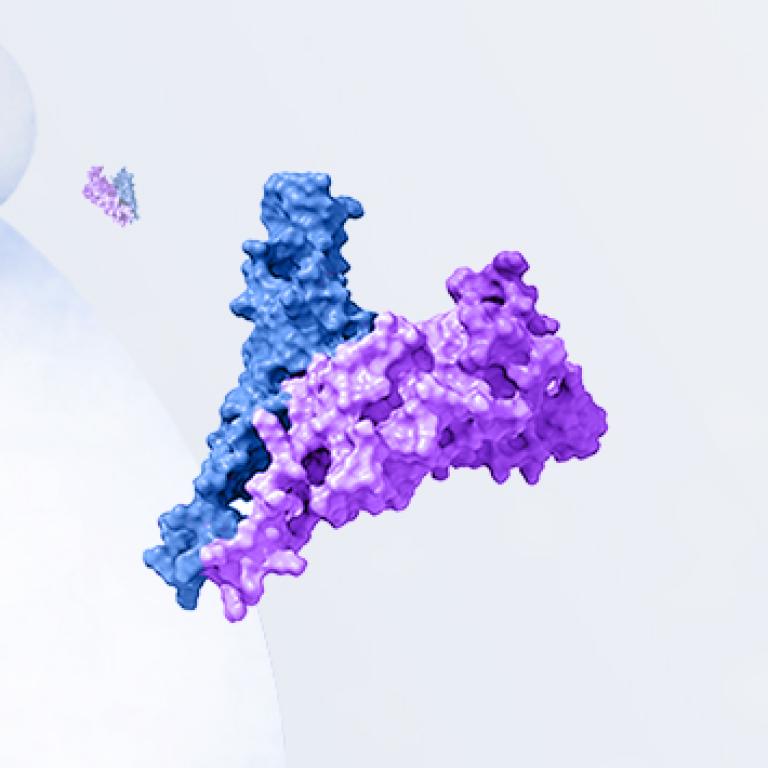COVID-19 is an infectious disease caused by the coronavirus known as SARS-CoV-21. Coronaviruses are a broad family of viruses that can cause infection in human beings, birds and mammals. They can sometimes be transmitted from animals to people2.

The World Health Organization (WHO) was notified of the existence of this new virus on 31 December 2019, once an outbreak in cases of “viral pneumonia” was declared in Wuhan (The People’s Republic of China)1. The number of confirmed cases rose suddenly with thousands of new cases diagnosed on a daily basis during the month of January, leading up to 30 January 2020 when the outbreak of COVID-19 was declared by the WHO as a public health emergency of international significance. It was on 11 March 2020 when the WHO officially declared the status of COVID-19 as a global pandemic3.
The majority of infected people experience a mild or moderate respiratory disease, and recover without needing any special treatment. However, some become severely ill and need medical attention. Elderly people and those with underlying health conditions – such as cardiovascular diseases, diabetes, chronic respiratory diseases or cancer – have a higher probability of developing the severe illness4.
COVID-19 spreads when an infected person exhales tiny respiratory particles and droplets that contain the virus. These respiratory particles and droplets can be inhaled by other people or may land on their eyes, nose or mouth. In some circumstances, they can contaminate the surfaces that others touch. Anyone who is infected with COVID-19 can spread the disease, even if they themselves do not present any symptoms5.
The main basic precautionary measures that have been followed to stop the spread of the virus have been the following6:
• Washing hands frequently with soap and water, or with hand sanitising gel.
• Using a face mask when it is not possible to maintain a safe distance.
• Avoiding crowded spaces, indoor spaces that are not adequately ventilated and prolonged contact with other people.
• Avoiding touching surfaces, especially in public places or in healthcare centres.
• Staying home if you present any symptoms.
• Following the local vaccination guidelines and recommendations.

Commitment of HIPRA towards COVID-19
HIPRA, with more than 50 years of experience fighting communicable diseases through vaccine development, is a company committed to health, people, society and progress. For this reason, faced with an exceptional situation, HIPRA opted from the beginning to contribute its know-how in the fight against the pandemic with the development of a recombinant protein vaccine against SARS-COV-2 (Marketing authorisation in Europe on 30 March 2023, and in the United Kingdom on 31 July 2023).
The project has been supported by the Center for Technological Development and Innovation (CDTI) and the National Recovery, Transformation and Resilience Plan - "Next Generation EU" funds.

Bibliographic references:
1. World Health Organization. Basic information about COVID-19. [Internet] Available at: https://www.who.int/emergencies/diseases/novel-coronavirus-2019/question-and-answers-hub/q-a-detail/coronavirus-disease-covid-19 (Last visited: 8 March 2023)
2. “Information for the public. Questions and Answers about the new COVID-19 Coronavirus [Internet]”. Available at: https://www.sanidad.gob.es/en/profesionales/saludPublica/ccayes/alertasActual/nCov/ciudadania.htm (Last visited: 8 March 2023)
3. Hu B, Guo H, Zhou P, Shi ZL. Characteristics of SARS-CoV-2 and COVID-19. Nat Rev Microbiol. 2021;19(3):141-154.
4. World Health Organization. Coronavirus. [Internet] Available at: https://www.who.int/health-topics/coronavirus#tab=tab_1 (Last visited: 8 March 2023)
5. Centres for Disease Control and Prevention. [Internet]. Available at: https://www.cdc.gov/coronavirus/2019-ncov/prevent-getting-sick/how-covid-spreads.html (Last visited: March 2023)
6. World Health Organization. Questions and answers about the spread of COVID-19. [Internet] Available at: https://www.who.int/news-room/questions-and-answers/item/coronavirus-disease-covid-19-how-is-it-transmitted (Last visited: March 2023)

